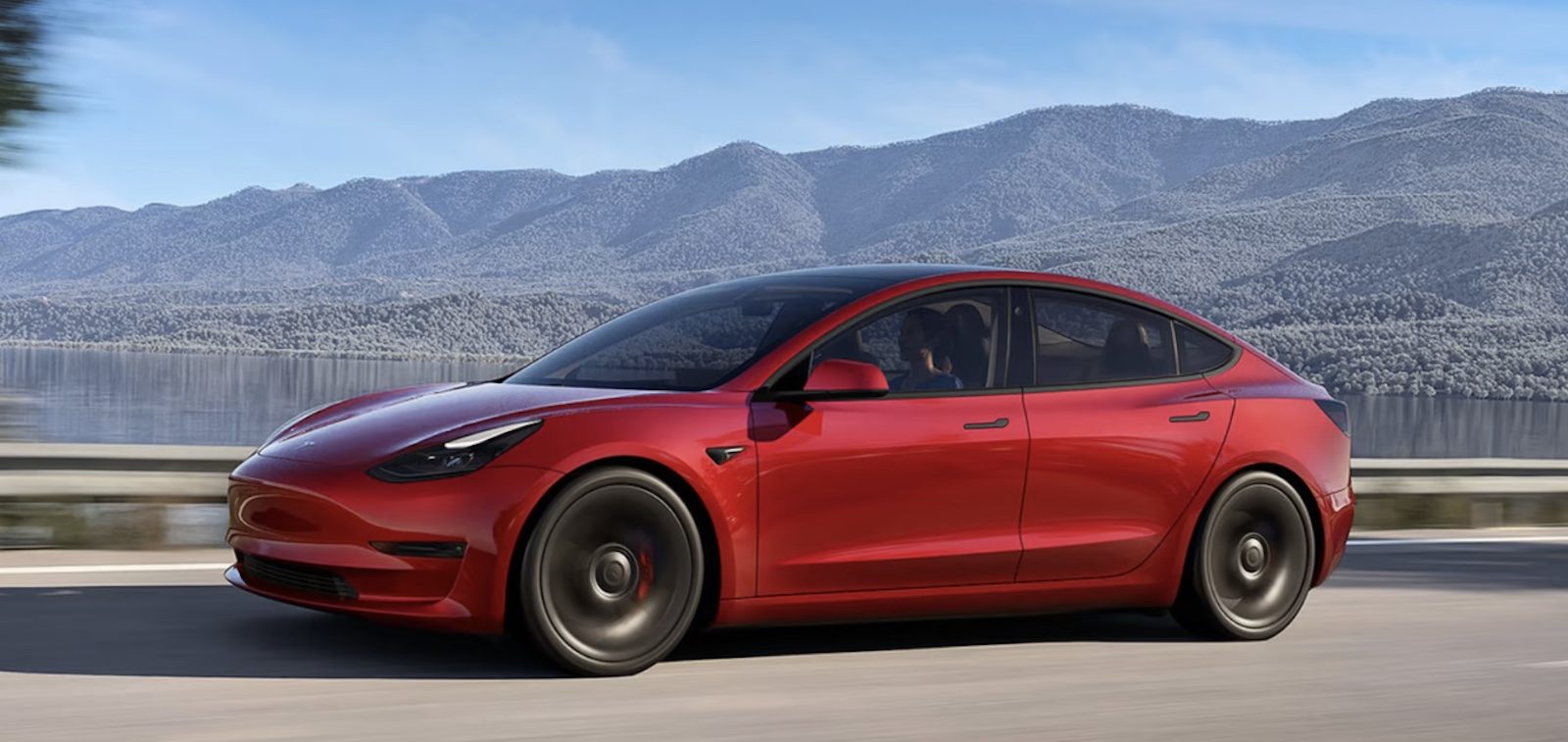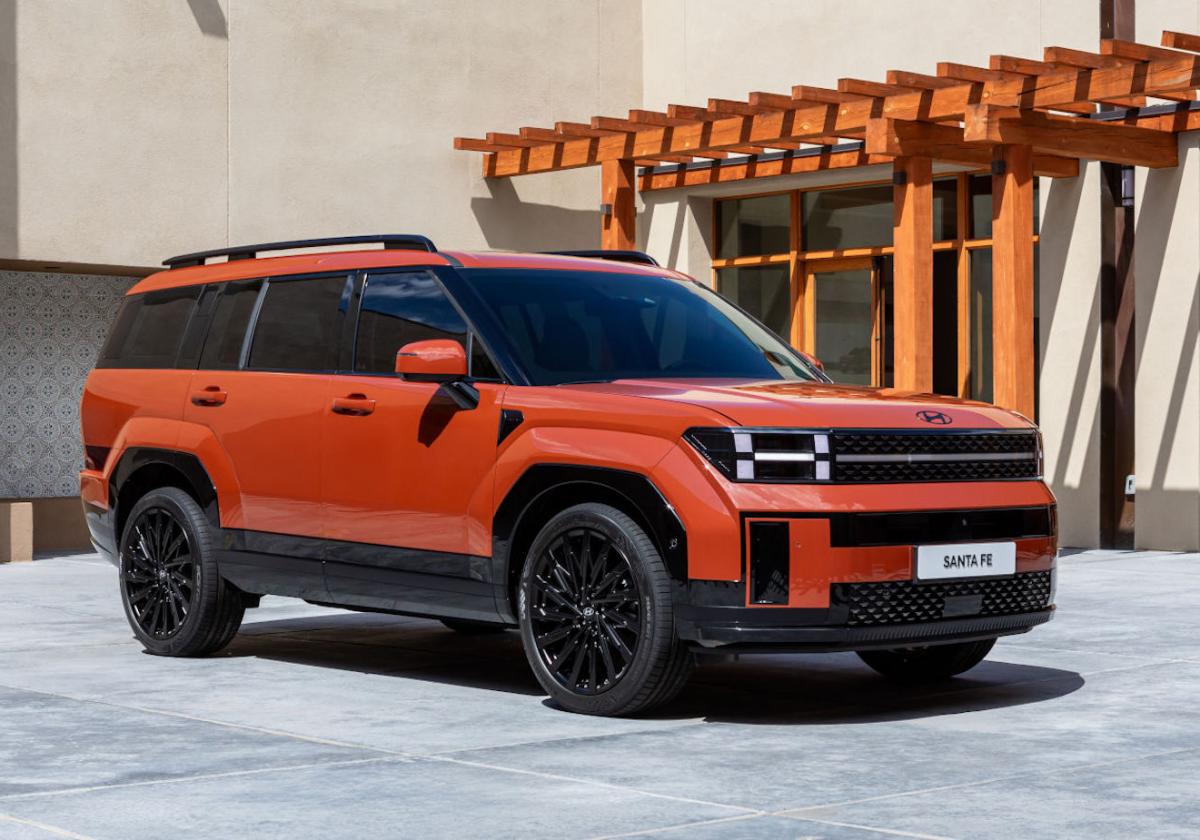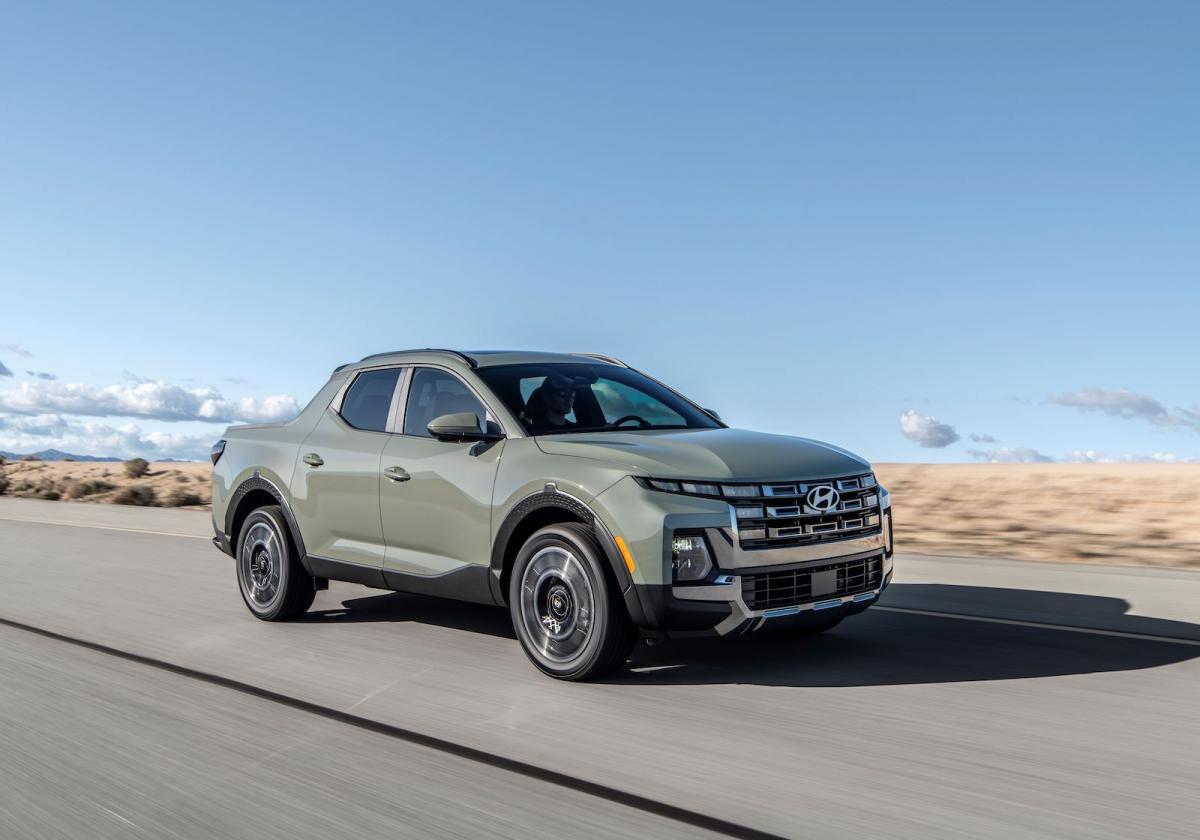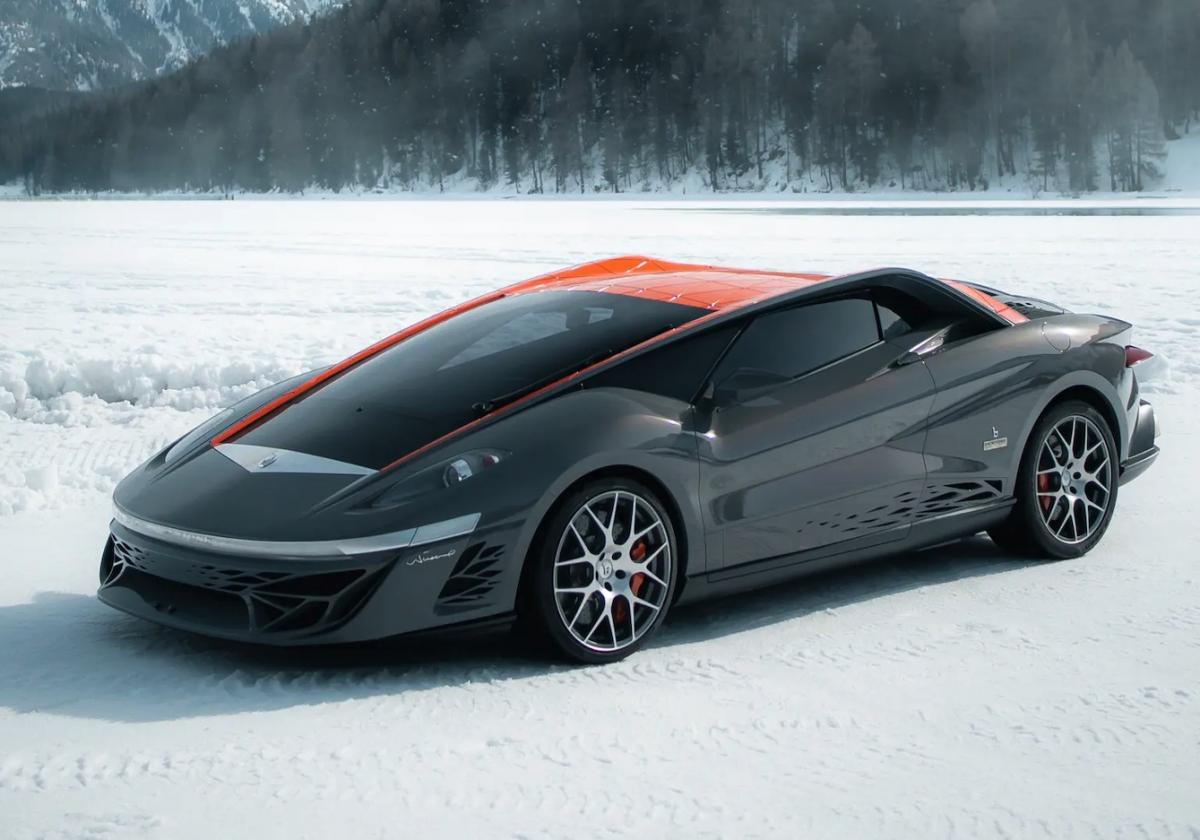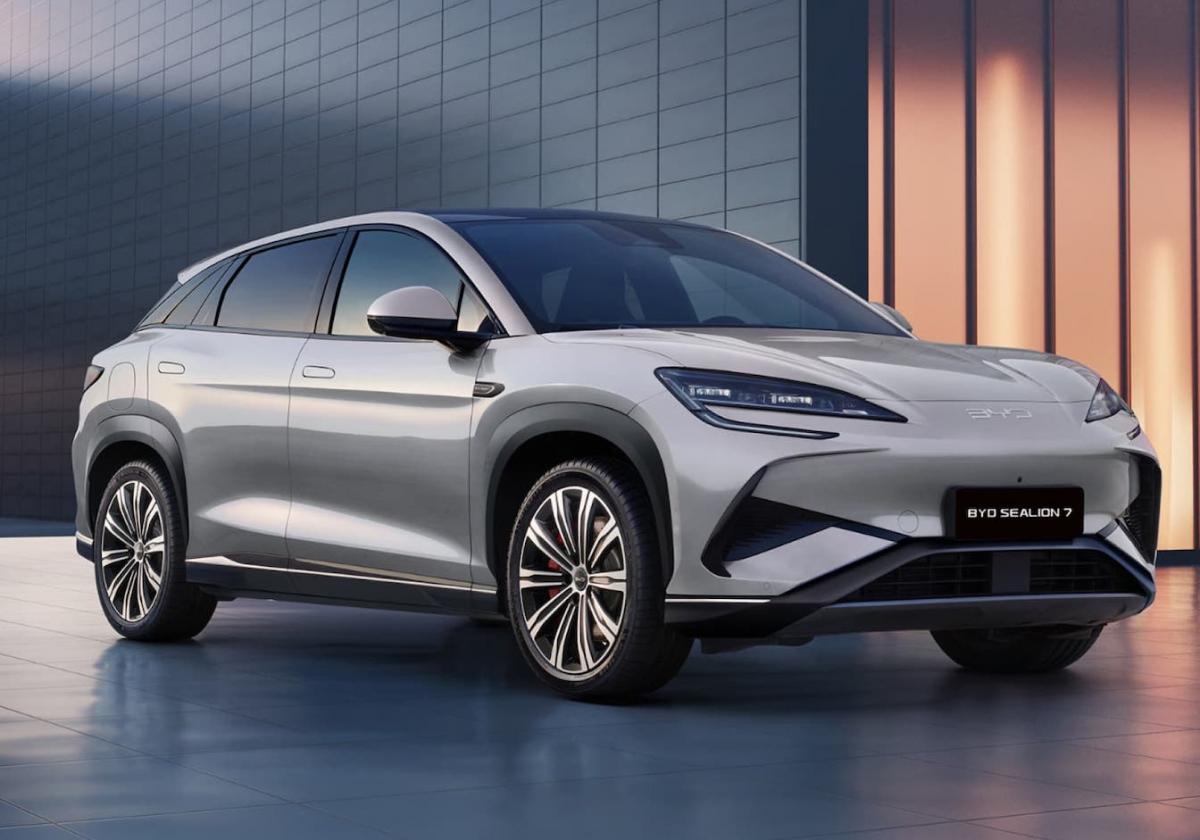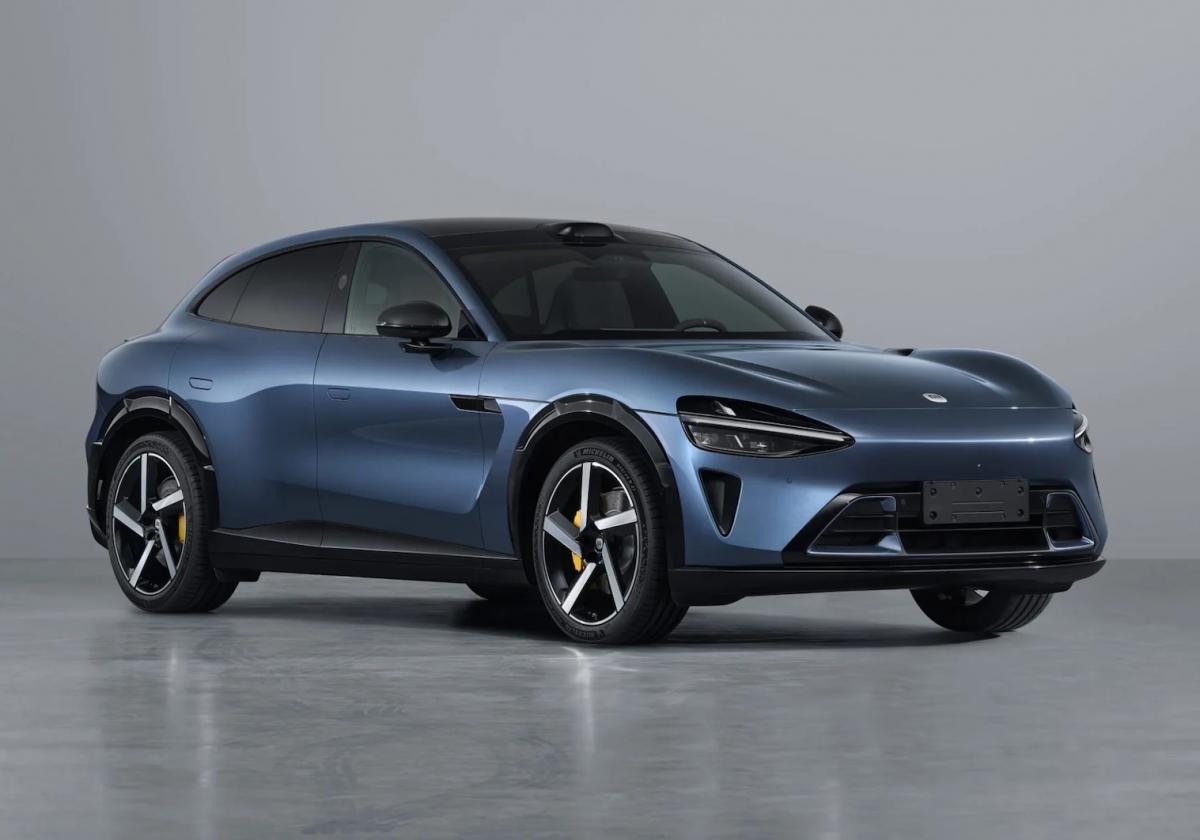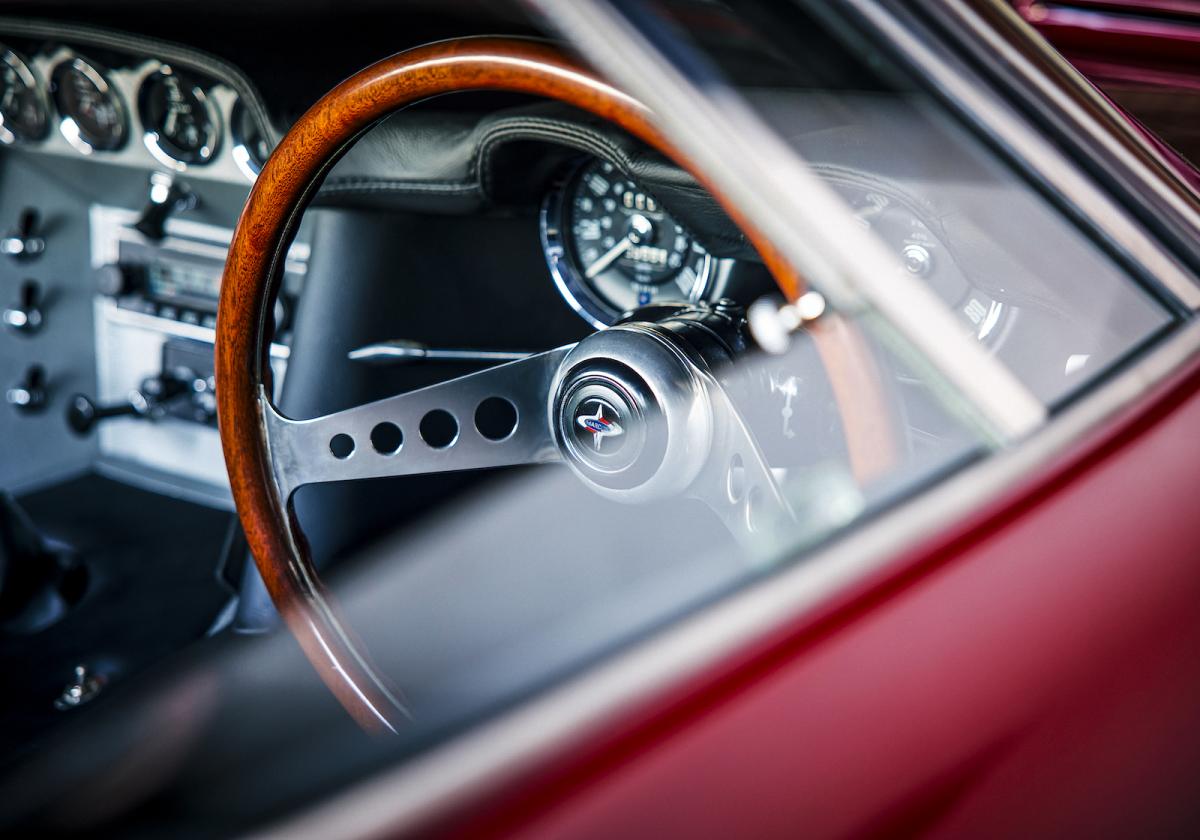General Motors and Ford’s recent decision to follow Tesla’s lead in charging infrastructure took the world by surprise. In fact, the auto industry’s quick adoption of Tesla’s electric vehicle (EV) charging standard has triggered speculation that Tesla could one day control the EV ecosystem too, including batteries and even self-driving technology.
As EVs gain a strong foothold, products, and platforms like batteries and computer operating systems are likely to become commodities.
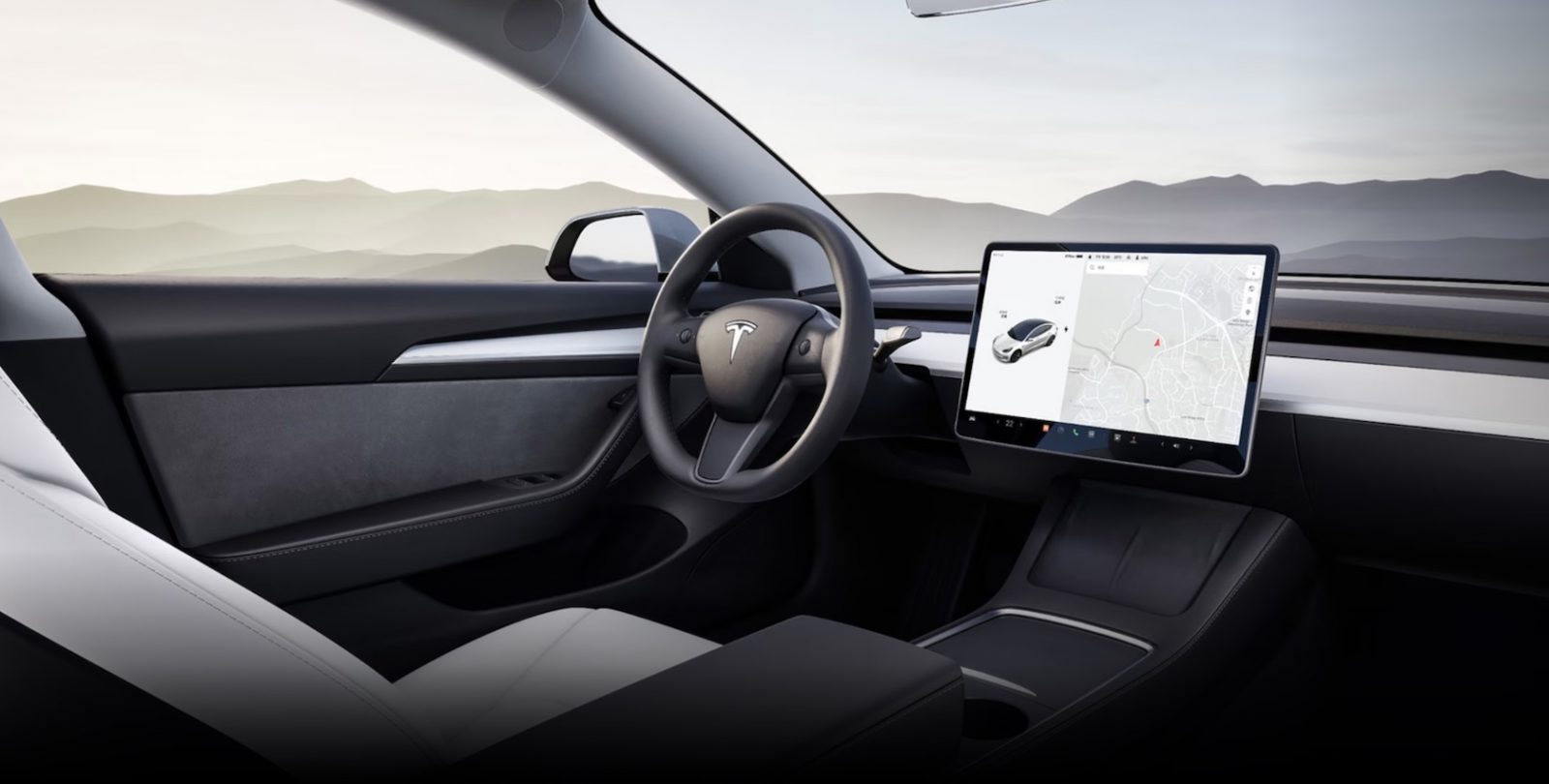
As EVs proliferate, cars could well start to look very much alike. Many would argue that such a state of affairs has already happened. What will set automotive brands apart, however, are their body designs and add-on software features that define their unique identity.
According to several analysts, some carmakers could decide to forgo the substantial capital investment needed to develop electric or autonomous vehicle technology and instead buy the necessary components off-the-shelf.
Tesla, with its shrinking-yet-still-strong EV sales lead and increasingly efficient and low-cost manufacturing capability, could become the industry’s EV technology supplier.
From tech that’s been around for well over 7 years, Tesla’s Autopilot and FSD (“full self-driving”) technology could also be licensed to carmakers that can’t afford to develop their own autonomous vehicle systems.
Investors and analysts have been arguing such theories after watching the growing number of automakers and EV charging networks switching to Tesla’s superior charging system.
“Tesla’s are better, more efficient, cheaper to build, and the entire industry might as well adopt their battery tech so they can focus more on servicing customers and differentiating on body styles and brand,” says Will McDonough, CEO of EMG Advisors, an asset manager that invests in raw materials for EVs.
He argues that Tesla’s effort to drive implementation of its charging technology is like “a Trojan horse” in the auto industry. “This capitulation was just the first step and is all a part of Elon’s master plan.”
Tesla has made no secret of its desire to license its self-drive driver-assistance technology, too. Earlier this month, Musk tweeted that Tesla wants to be as “helpful as possible” to other car companies and is “happy to license Autopilot/FSD or other Tesla technology.”
Some investors see autonomous vehicles as the ultimate AI application and believe Tesla could be worth far more as a robotaxi operator than as a carmaker. However, Musk has also come out publicly voicing concern at AI saying, “there is a risk that advanced AI either eliminates or constrains humanity’s growth.”
“I don’t think AI will try to destroy all of humanity, but it might put us under strict control,” Musk said. He also commented that there’s a “non-zero chance of [AI] going full ‘Terminator’.” Scary stuff.
RBC Capital Markets analyst Tom Narayan followed up when he said “We believe the car business might only contribute 10% of [Tesla’s] total value.” Meanwhile, autonomy — both self-driving private cars and robotaxi fleets — could be worth 20% and 70%, respectively.
Narayan assumes Tesla would license FSD to 20% of all non-Tesla robotaxis globally, and would operate 25% of U.S. robotaxis (plus 8% in Europe and 7% in China).
Importantly, his scenario begins in 2035 — more than a decade from now.
Despite their misleading names, Tesla’s Autopilot and “full self-driving” technology aren’t capable of driving the vehicles themselves, which would drop them in Level 3 territory.
The U.S. National Highway Traffic Safety Administration is investigating Tesla’s autonomous technologies after a series of fatal crashes.
Autopilot has actually been involved in a total of 17 fatalities and 736 crashes since 2019, according to NHTSA data analyzed by the Washington Post.
So it’s doubtful that other carmakers would license Autopilot, especially given that makers such as GM, Ford, and Mercedes-Benz already have assisted-driving systems that outperform Tesla’s.
OUR THOUGHTS
At the current rate, it seems as though nearly all carmakers will eventually opt for Tesla’s charging system. Although Tesla could one day make most of its money through licensing its tech rather than selling its cars — similar to how Google licenses the Android mobile operating system to Samsung and other phone makers.

